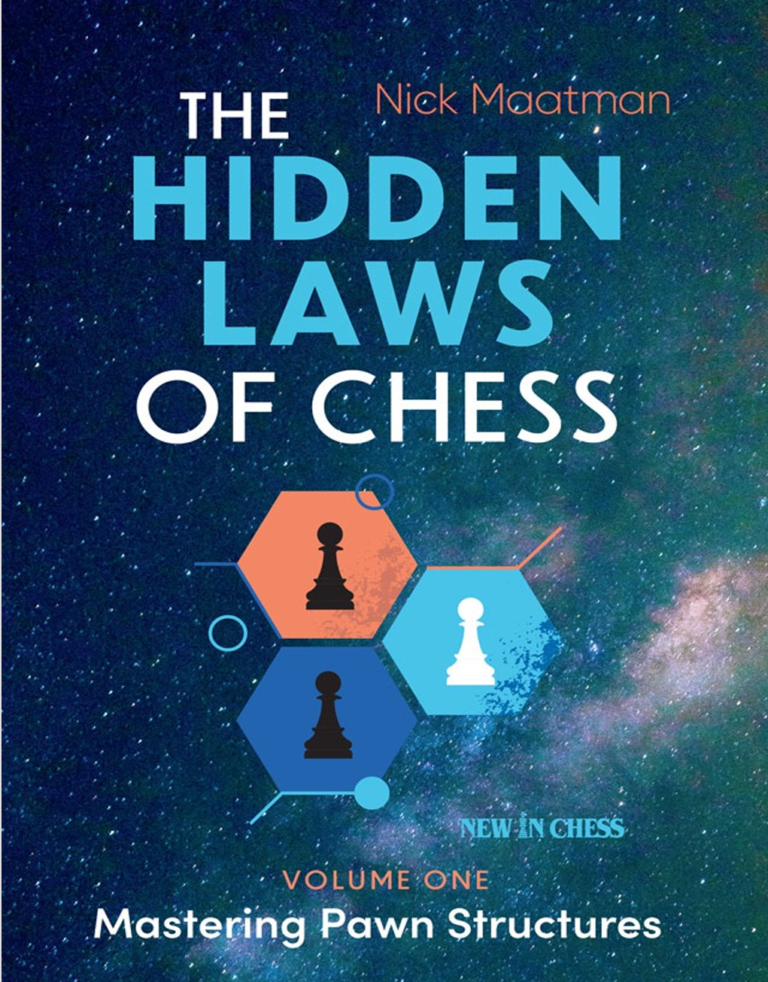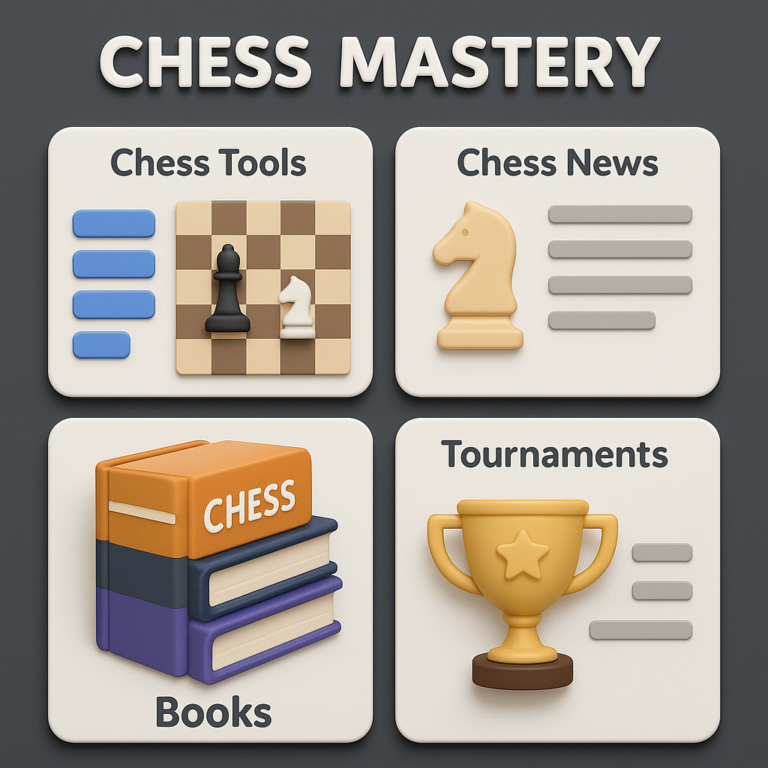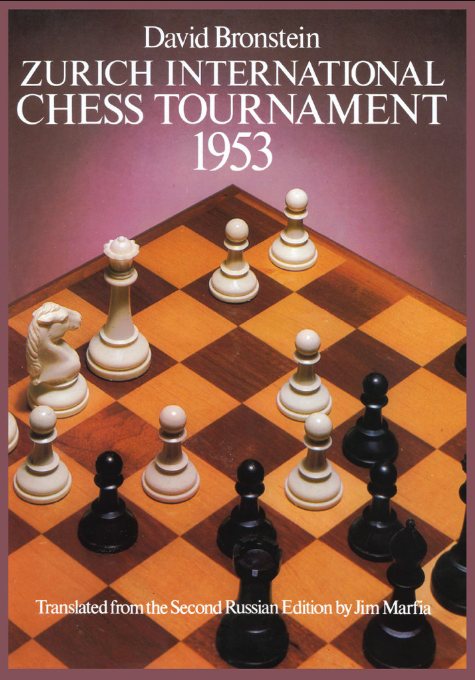
Book Review: Catastrophe! How Psychology Explains Why Good People Make Bad Situations Worse by Christopher J. Ferguson
“How do we navigate crises without becoming a part of the problem ourselves?”
In Catastrophe!, Christopher J. Ferguson offers an insightful exploration into why well-meaning individuals often worsen crisis situations. He argues that our psychological responses to high-stakes challenges—such as fear, anger, and panic—can impede rational thinking and make us act against our best interests, even with the best intentions.
Overview
The book examines various psychological pitfalls and cognitive biases that lead people and groups astray in times of crisis, such as catastrophizing, dichotomous thinking, and conformity. Ferguson’s insights are informed by historical events and modern-day issues, including the Air France Flight 447 disaster, World War I, and contemporary social panics. He makes the case that these psychological mechanisms drive not only individual actions but also societal behaviors that escalate crises.
Key Elements
Themes and Ideas:
Ferguson structures his analysis around real-life examples and research, providing a thorough grounding in cognitive psychology. He discusses how fear and groupthink can lead to irrational decisions, emphasizing the role of cognitive distortions in shaping human behavior. Topics range from the psychological drivers behind historical conflicts to societal responses during the COVID-19 pandemic, with Ferguson illustrating how these biases are not just individual tendencies but also collective influences that affect our broader social landscape.
Research and Evidence:
Ferguson’s work is steeped in both historical data and psychological studies, which he presents in a relatable way. For example, he explains cognitive biases like availability cascades (when people overestimate the frequency of highly publicized events) and social contagion (when people adopt irrational behaviors from peers). These concepts are backed by case studies and empirical findings, making his arguments credible and well-supported.
Writing Style:
Ferguson’s tone is conversational, often witty, making complex psychological concepts accessible to a general audience. The book’s casual style, punctuated with humor, keeps readers engaged while encouraging them to reflect critically on their own responses to crisis. Ferguson’s use of relatable anecdotes and straightforward language is a strength, though at times, the humor may feel slightly out of place in the context of more serious discussions.
Strengths
One of the book’s major strengths is its relatable analysis of cognitive biases. Ferguson simplifies intricate psychological theories, linking them to real-world examples that underscore the relevance of understanding human psychology in everyday life. The breadth of topics covered—from global conflicts to modern-day social movements—illustrates the universality of these psychological pitfalls. Furthermore, the author’s humor and frankness make it easier for readers to confront uncomfortable truths about their own biases.
Constructive Criticism
While the book is enlightening, some readers may find its structure a bit scattered due to the wide range of topics covered. Ferguson jumps from historical events to recent issues like COVID-19, which could seem disjointed for those seeking a more linear approach. Additionally, while his casual style is engaging, certain jokes may come off as flippant, particularly when dealing with sensitive topics.
Personal Impact
Reading Catastrophe! is both humbling and empowering. Ferguson’s analysis prompts self-reflection about how we respond to stress and uncertainty, encouraging readers to recognize their own biases. By identifying these tendencies, I felt better equipped to navigate high-stress situations with greater awareness and control.
Recommendation and Rating
Catastrophe! is ideal for readers interested in psychology, sociology, or history, as well as those curious about human behavior during crises. The book suits a general audience, though students of psychology may especially appreciate Ferguson’s practical insights. Despite minor criticisms, Ferguson offers a well-rounded, highly readable guide on avoiding common cognitive traps in challenging times.
Rating: ★★★★☆




Thanks for sharing. I read many of your blog posts, cool, your blog is very good.
I don’t think the title of your article matches the content lol. Just kidding, mainly because I had some doubts after reading the article.